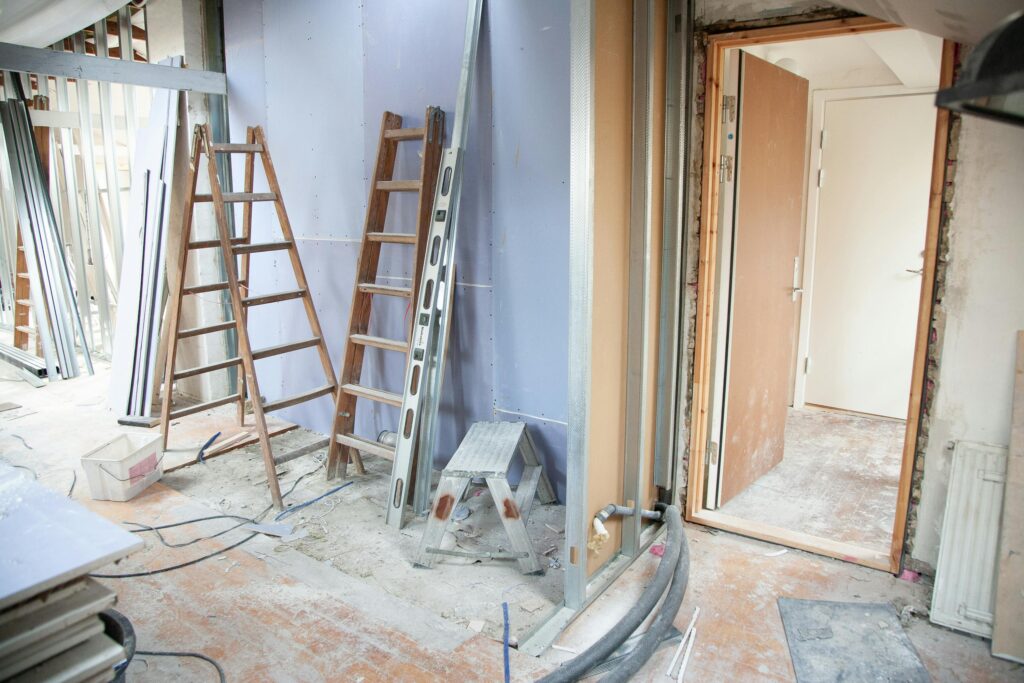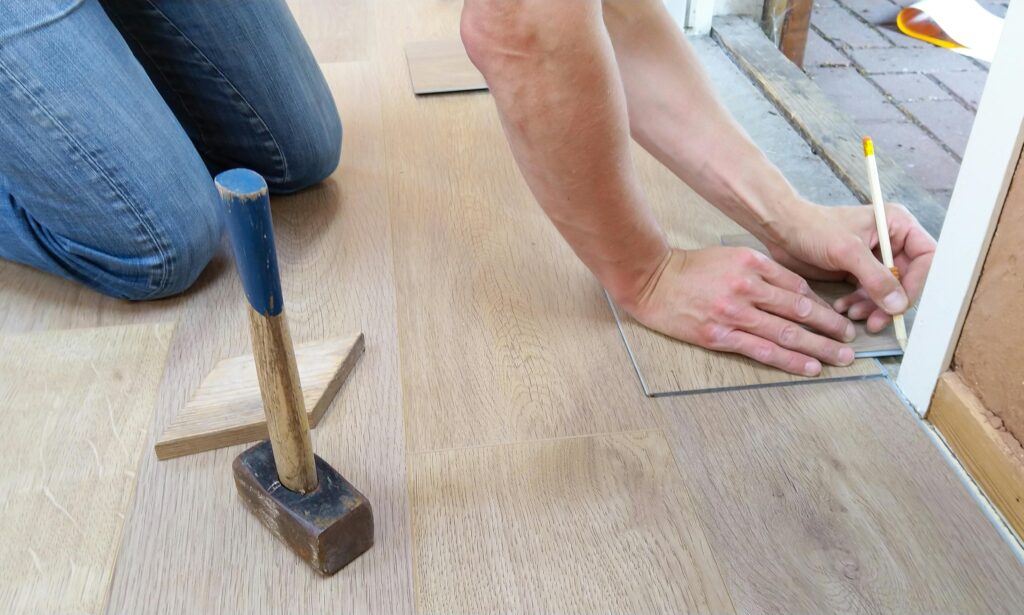If you’re planning a construction project that involves shared walls with neighboring properties, it’s crucial to understand the Party Wall Act. This UK legislation governs the rights of property owners when work is carried out on a shared wall.
What is a Party Wall?
A party wall is a wall that separates two properties. It could be:
- A party wall: A wall that separates two buildings, such as the dividing wall between two terraced houses.
- A party fence wall: A wall that separates two gardens, like a brick wall between backyards.
Why Does the Party Wall Act Matter?
The Party Wall Act exists to protect the rights of both property owners. It ensures that:
- Notice is given: Before starting work, you must give your neighbor(s) a formal written notice specifying the proposed work. This notice period varies depending on the type of work.
- Access is granted: You may need to grant access to your neighbor’s property for inspections, monitoring, and carrying out necessary work.
- Damage is minimized: Work must be carried out carefully to avoid damage to the adjoining property. If damage does occur, it must be repaired promptly and to the original condition.
- Disputes are resolved: The Act provides a framework for resolving disputes between neighbors. If you and your neighbor cannot agree on a matter, you can appoint a surveyor to act as a third party to resolve the dispute.
Examples of When the Party Wall Act Applies
Here are some common scenarios where the Party Wall Act might come into play:
Building Extensions
- Extending upwards: If you’re adding a storey to your property, and the extension will affect a party wall, you’ll need to comply with the Act.
- Extending outwards: Building a side extension that shares a boundary with your neighbor’s property will likely trigger the Act.
- Basement extensions: Excavating for a basement near a neighboring property’s foundations will require adherence to the Act.
Structural Repairs
- Underpinning: If you need to strengthen the foundations of your property, and the work affects a party wall, you must comply with the Act.
- Repairs to a shared chimney stack: Any work on a shared chimney stack, such as repairs or removal, will likely require notice to your neighbor.
Other Scenarios
- Installing a new fence on a boundary line: If the fence is substantial and could affect the stability of a party wall or structure, it might fall under the Act.
- Drilling into a party wall: Even minor work, like drilling holes for wiring or plumbing, can trigger the Act if it could potentially damage the wall or structure.
Remember, it’s always best to consult with a surveyor or structural engineer to determine whether your specific project requires compliance with the Party Wall Act.

Does the Party Wall Act Apply to Roofs?
Yes, the Party Wall Act can apply to roofs in certain circumstances.
Specifically, if the roof is part of a party wall or structure, such as a shared chimney stack or a roof that separates two properties, the Act may come into play.
Common scenarios where the Party Wall Act might apply to roofs include:
- Roof Repairs and Replacements: If your roofing work involves cutting into or altering a shared wall or structure, like a chimney stack or a party wall, you may need to comply with the Act.
- Loft Conversions: If your loft conversion involves work that affects a shared wall or roof structure, you’ll likely need to serve notice to your neighbor under the Party Wall Act.
- Solar Panel Installations: While solar panel installations themselves typically don’t trigger the Act, if the installation involves work on a shared roof or wall, you may need to comply with the Act.
It’s important to note that simply replacing roof tiles or slates, without affecting shared structures, usually doesn’t fall under the Party Wall Act. However, it’s always advisable to inform your neighbor about any planned roofing work, especially if it involves noise, disruption, or potential damage to their property.
What Happens if I Don’t Comply with the Party Wall Act?
Failure to comply with the Party Wall Act can lead to:
- Legal action: Your neighbor could take legal action against you, seeking an injunction to stop the work or damages for any harm caused.
- Delays to your project: Legal proceedings can significantly delay your project.
- Financial penalties: You may be liable for legal costs and compensation for any losses incurred by your neighbor.
How Can an Engineer Help?
An experienced engineer can:
- Advise on the Act: Explain the relevant sections and requirements of the Party Wall Act in detail.
- Prepare the necessary notices: Draft and serve the required notices to your neighbor(s), ensuring they comply with the Act’s specific timelines and content requirements.
- Coordinate with your neighbor: Facilitate communication and negotiation with your neighbor to minimize potential disputes.
- Monitor the work: Oversee the construction work to ensure it adheres to the Party Wall Act and minimizes disruption to your neighbor’s property.
- Appoint a surveyor: If a dispute arises, the engineer can assist in appointing a qualified surveyor to act as a third party to resolve the issue.
Conclusion
By understanding the Party Wall Act and working with a qualified engineer, you can ensure that your construction project proceeds smoothly and legally.
Sussex Structural Engineers is here to help. Contact us today to learn more about how we can assist you with your party wall matters.
Phone number

